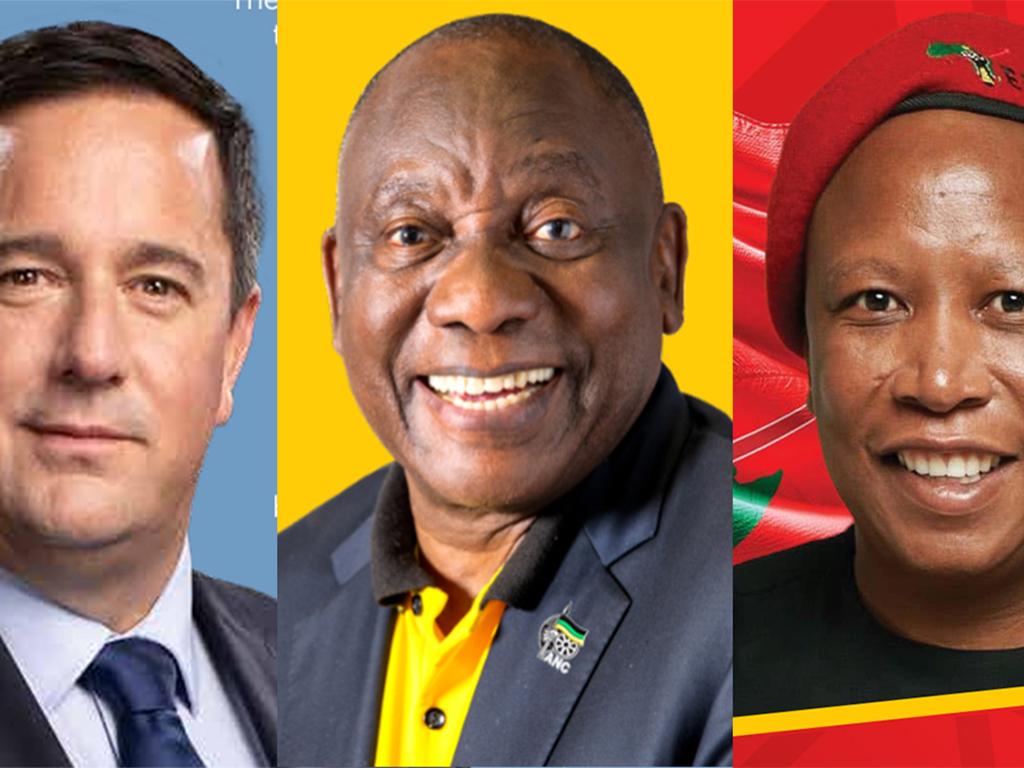Table of Contents
On May 29th, South Africans went to the polls in what many consider the most critical general election since the end of Apartheid. The African National Congress (ANC), which has ruled the country since Nelson Mandela’s presidency in 1994, faces unprecedented challenges. The outcome could redefine South Africa’s political landscape and determine the future of the ANC’s long-held dominance.
The Vote Count and Current Standings
As of two days after the election, with over 90 per cent of the ballots counted, the ANC leads with just over 40 per cent of the national vote. This is a significant drop from their previous performances and highlights the erosion of their support base. The Democratic Alliance (DA), the principal opposition party, trails behind in second place, followed closely by the MK party and the Economic Freedom Fighters (EFF).
This election marks the biggest challenge to the ANC’s political dominance since the end of apartheid. The possibility of the ANC failing to secure more than 50 per cent of the vote is becoming increasingly likely, which means they would need to form a coalition to govern.
Potential Coalitions and Political Dynamics
If the ANC does not surpass the 50 per cent mark, forming a coalition government becomes essential. This could mean negotiating with various political players, including the pro-business, white-led Democratic Alliance (DA), uMkhonto we Sizwe (MK), led by former president Jacob Zuma, or the Marxist Economic Freedom Fighters (EFF).
Rajiv Bhatia, a former envoy to South Africa and distinguished fellow at Gateway House, told CNBC TV18 that the ANC’s struggle to maintain its dominance reflects broader political and economic trends over the past 30 years. “If the party falls significantly short of a majority, there may be calls for a change at the helm. However, should the ANC secure around 48%-49%, President Cyril Ramaphosa might retain his position,” Bhatia commented.
A potential scenario could see Ramaphosa continuing for a while to broker a coalition deal with another party to secure a parliamentary majority, then handing over to a successor. This strategy might help maintain some stability within the ANC and the government.
Analysis and Expert Opinions
According to analysts, the ANC’s best option might be to seek support from the socially conservative Inkatha Freedom Party (IFP), which is strong in KwaZulu-Natal province and currently polling at about 3 per cent nationally. However, this support alone would be insufficient to secure a majority, necessitating further negotiations with other small- or medium-sized parties.
The DA, under the leadership of John Steenhuisen, has indicated an openness to working with the ANC. However, the ideological divide between the DA and ANC is significant and could pose challenges in forming a stable coalition. “The way to rescue South Africa is to break the ANC’s majority, and we have done that,” Steenhuisen remarked, emphasising the need for coalition discussions with other parties.
Reactions from Political Leaders and Parties
Nomvula Mokonyane, ANC’s First Deputy Secretary-General, dismissed suggestions that President Ramaphosa would have to resign following the election results. “Nobody is going to resign,” Mokonyane stated firmly. This indicates the ANC’s intent to navigate the coalition-building process without immediate leadership changes.
John Steenhuisen of the DA expressed confidence in the preelection agreements his party has with other smaller parties, suggesting that any coalition talks with the ANC would have to consider these existing agreements. The EFF and MK have yet to make definitive statements about potential coalitions, but their involvement could be crucial in shaping the new government.
As the final counts come in and the political manoeuvring begins, South Africa stands on the cusp of a new political era. The ANC’s ability to adapt and form strategic alliances will be critical in determining whether it can maintain its leadership role or if this election will mark the end of an era for the party that has been synonymous with South Africa’s post-apartheid democracy.
This election’s outcome will significantly influence South Africa’s political and economic future. With the ANC’s dominance in jeopardy, the country could see a shift towards more diverse and potentially contentious coalition governments. The coming days will be pivotal in shaping the new direction for South Africa’s democracy.

1 Comment
Pingback: South Africa Elections: ANC loses majority, coalition next?